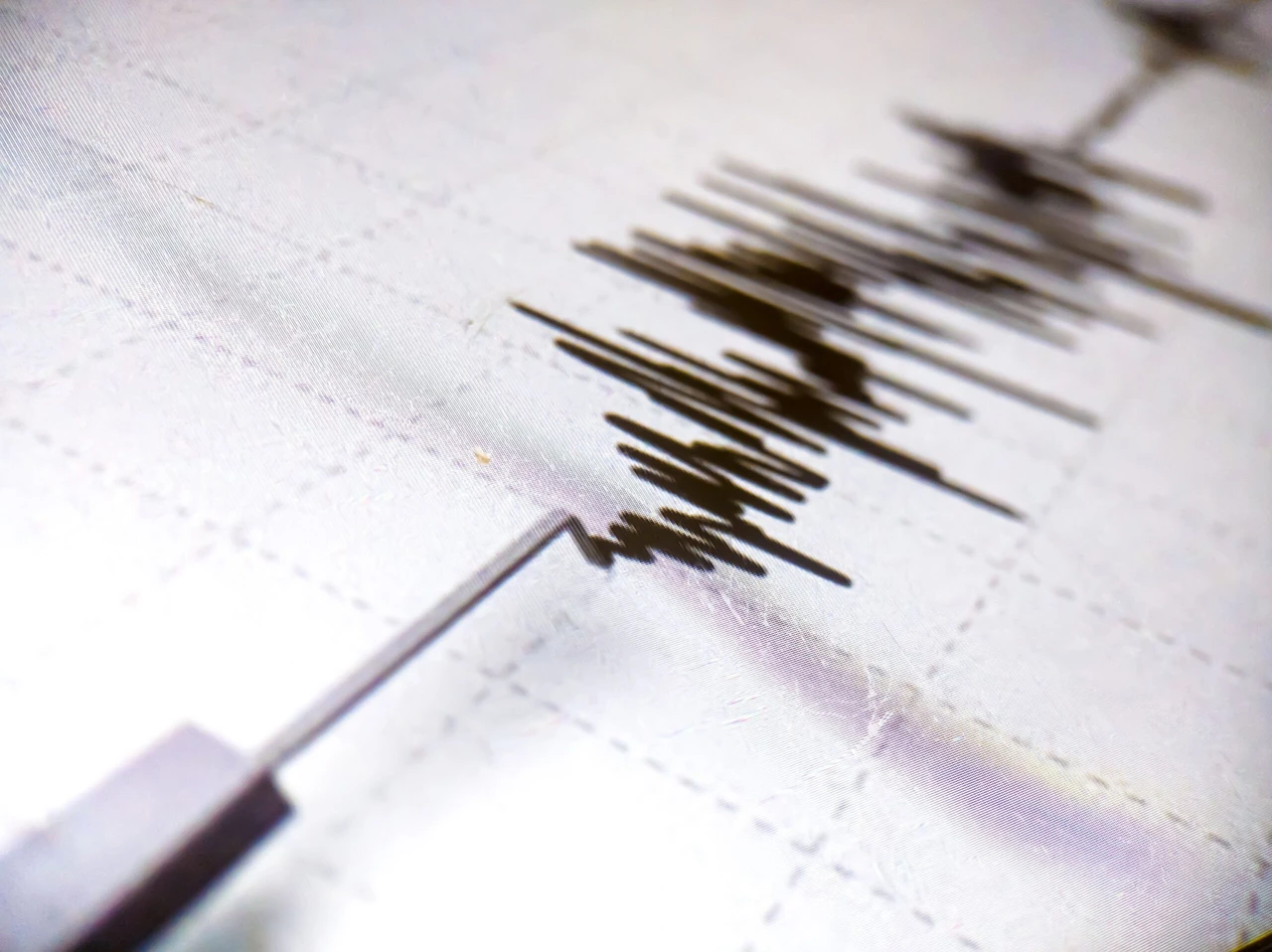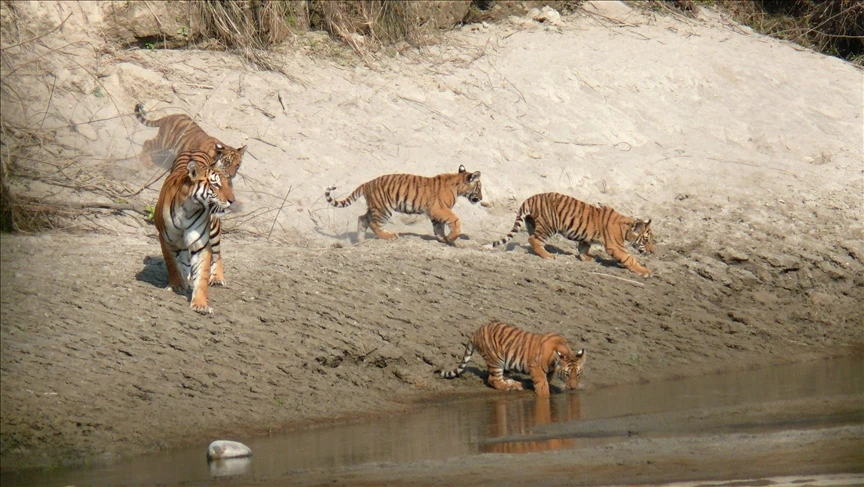Experts warn as rising sea temperatures ‘Mediterraneanize’ Black Sea
 Experts warn of Mediterraneanization in the Black Sea, Istanbul, Türkiye. (Adobe Stock Photo)
Experts warn of Mediterraneanization in the Black Sea, Istanbul, Türkiye. (Adobe Stock Photo)
Rising sea temperatures are causing significant ecological shifts in the Black Sea. According to experts, this warming trend could lead to a phenomenon known as “Mediterraneanization,” in which the Black Sea’s ecosystem begins to resemble that of the Mediterranean Sea.
This change poses a threat to local marine life and could have severe economic consequences for the fishing industry. The spread of non-native species from the Mediterranean into the Black Sea is disrupting the balance of the local ecosystem, affecting both biodiversity and the livelihoods of those who depend on fishing.
Impact of rising sea temperatures in Mediterranean, Black Sea
Istanbul University Marine Sciences Faculty member Associate Professor Dr. Onur Gonulal reports that the increasing sea temperatures cause species from the Mediterranean to spread into the Black Sea.
This shift disrupts the local ecosystem and threatens native species. Dr. Gonulal stated, “The competition for resources between native and invasive species could destabilize the ecosystem.
This competition could result in economic losses for the fishing sector, particularly for species like anchovy, whiting and red mullet, which are economically important.”
| Sea | 1970-2023 Average Temperature (°C) (°F) | 2023 Temperature (°C) (°F) |
|---|---|---|
| Black Sea | 15.3 (59.5) | 16.8 (62.2) |
| Marmara Sea | 15.7 (60.3) | 17.6 (63.7) |
| Aegean Sea | 18.7 (65.7) | 20.5 (68.9) |
| Mediterranean Sea | 21.5 (70.7) | 22.6 (72.7) |
The global rise in sea surface temperatures has been notable, with March setting a record at an average of 21.07 degrees Celsius (69.93 degrees Fahrenheit). Türkiye’s surrounding waters are also warming, with the Black Sea’s average temperature increasing from 15.3 degrees Celsius (59.5 degrees Fahrenheit) (1970-2023 average) to 16.8 degrees Celsius (62.2 degrees Fahrenheit) in 2023.
This warming trend accelerates the spread of non-native species, with Türkiye hosting 539 foreign species as of 2020.
What is Mediterraneanization of the Black Sea?
Associate professor Dr. Cem Dalyan from Istanbul University’s Faculty of Science explains that the term “Mediterraneanization” refers to the dominance of Mediterranean flora and fauna in the Black Sea, leading to the loss of the Black Sea’s unique characteristics.
He warned that this change could result in fewer anchovies in the market, causing both economic and ecological impacts. Dr. Dalyan said, “The entry of new species into an ecosystem alters the food chain, and in a region like the Black Sea, which has a long-established marine ecosystem, this poses a significant threat.”
Both experts emphasize the urgent need for coordinated management of foreign species and the protection of native stocks.
They recommend reducing pollution, regulating industrial fishing, and creating marine protected areas to mitigate these changes.
“We have no other planet to go to. Reducing pollution and protecting marine ecosystems are critical to maintaining biodiversity and ecosystem health,” Dr. Dalyan added.
Urgent need for comprehensive environmental strategies
The rising temperatures and the subsequent spread of foreign species into the Black Sea exemplify a broader global issue.
These changes highlight the urgent need for comprehensive environmental strategies to protect marine life and the fishing industry.
Dr. Gonulal pointed out that foreign species’ rapid spread creates significant problems. He stated: “The number of foreign species in the Black Sea is approaching 30, and this trend continues. The high water temperatures have likely increased the spread rate of foreign species by five to six times.”
Dr. Dalyan further warned that the loss of ecosystem diversity could lead to long-term negative effects.
“If the ecosystems become uniform, the negative impacts will spread throughout the region. Preserving diversity and the existence of different ecosystems is crucial,” he said.



